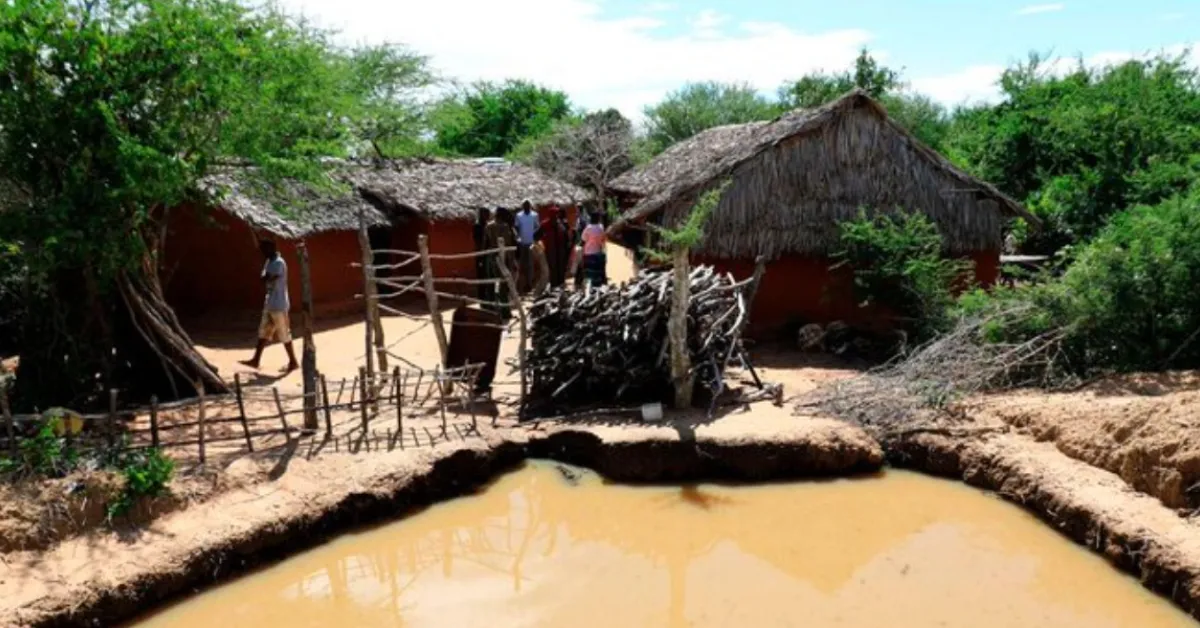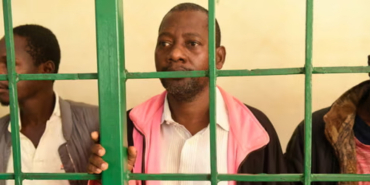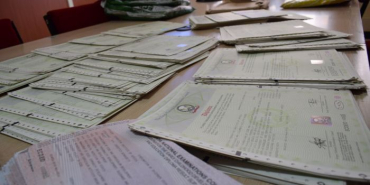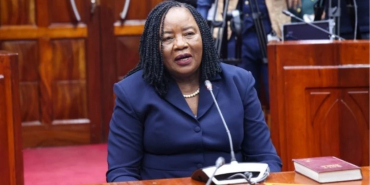Inside Chakama Ranch: Where Cults Thrive and Land Disputes Run Deep

Fresh security fears have gripped Chakama Ranch, the 110,000-acre Kilifi County expanse already scarred by the Shakahola massacre, following the discovery of a potential new cultic site in July 2025.
The recent rescue of four individuals from a remote five-acre homestead in Binzaro village, within Chakama Ranch, has prompted a rigorous investigation into what authorities fear is a resurgence of extremist activities. Acting on a public tip-off, police discovered two human skulls and the body of a man bound with rope. Among those rescued were a couple previously saved during the 2023 Shakahola operation, who revealed that their six children had died and been buried in the forest. This development has triggered forensic exhumations and reignited fears of a “Shakahola Two”.
Investigations have since uncovered the compound to be austere and isolated, showing evidence of radical indoctrination and coercion. The prime suspect, a woman believed to have fraudulently acquired the land earlier this year, has been arrested alongside others involved in the land transaction. The Directorate of Criminal Investigations (DCI) has secured the site.
This new development underscores the deep-seated governance failures that plague Chakama Ranch, a vast area that includes the infamous Shakahola Forest, the site of the mass starvation orchestrated by controversial preacher Paul Mackenzie. Mackenzie, the leader of the Good News International Church, allegedly encroached on a portion of the ranch in 2021 to establish a secluded religious commune. Over 400 deaths were recorded due to starvation.
The tragedy exposed the inadequate response of local security agencies, despite prior warnings and police reports filed at Lango Baya Police Station. The government subsequently declared Chakama Ranch a “disturbed area” under the National Police Service Act, imposing curfews and access restrictions.
The ownership of the land remains a contentious issue. Chakama Ranch Limited, a private entity, claims legal title to approximately 100,000 acres, based on documentation dating back to 1984.
This claim is challenged by the Taireni Association of Mijikenda (TAM), which asserts that the land is community property unlawfully alienated without public consent. TAM’s petition to the Environment and Land Court, seeking to nullify the adjudication and registration of the land, was dismissed in July 2023 for lack of legal standing. The association has appealed the decision, arguing that the land was historically held in trust for local communities, and its conversion to private holdings violated constitutional and statutory provisions.
This legal ambiguity has fostered exploitation, with residents reporting that they received title deeds without being shown the actual plots, leading to confusion, forced evictions, and distress sales. Some beneficiaries of government-issued titles during the 2017 election campaigns have sold their documents at very low prices because they were unable to locate or access their allocated land. This disconnect has eroded public trust.
The remoteness and vastness of Chakama Ranch have complicated monitoring efforts, enabling criminal elements and radical groups to operate. Local officials, including Kilifi County Commissioner Josephat Biwott, acknowledge the security risks from idle land and unauthorised settlements. The government has summoned registered landowners to clarify their intentions.
The involvement of religious figures in land acquisition and settlement schemes also raises ethical and regulatory concerns. Pastor Abel Kahindi Gandi, arrested in April 2025 for cultic practices in Mwagandi village near Chakama, allegedly used exorcism rituals and sold “living water” to followers. His congregation reportedly included former Mackenzie adherents, suggesting a continuity of extremist ideologies.














Add new comment